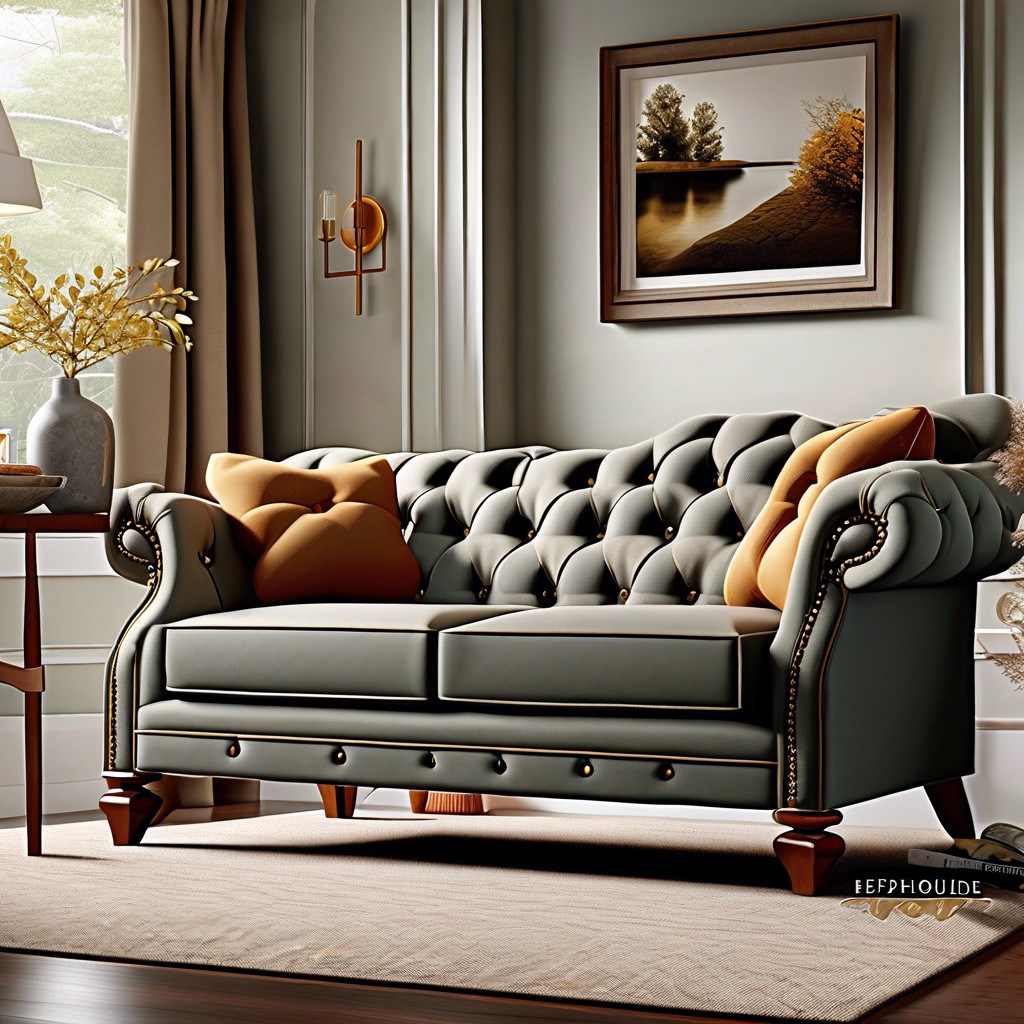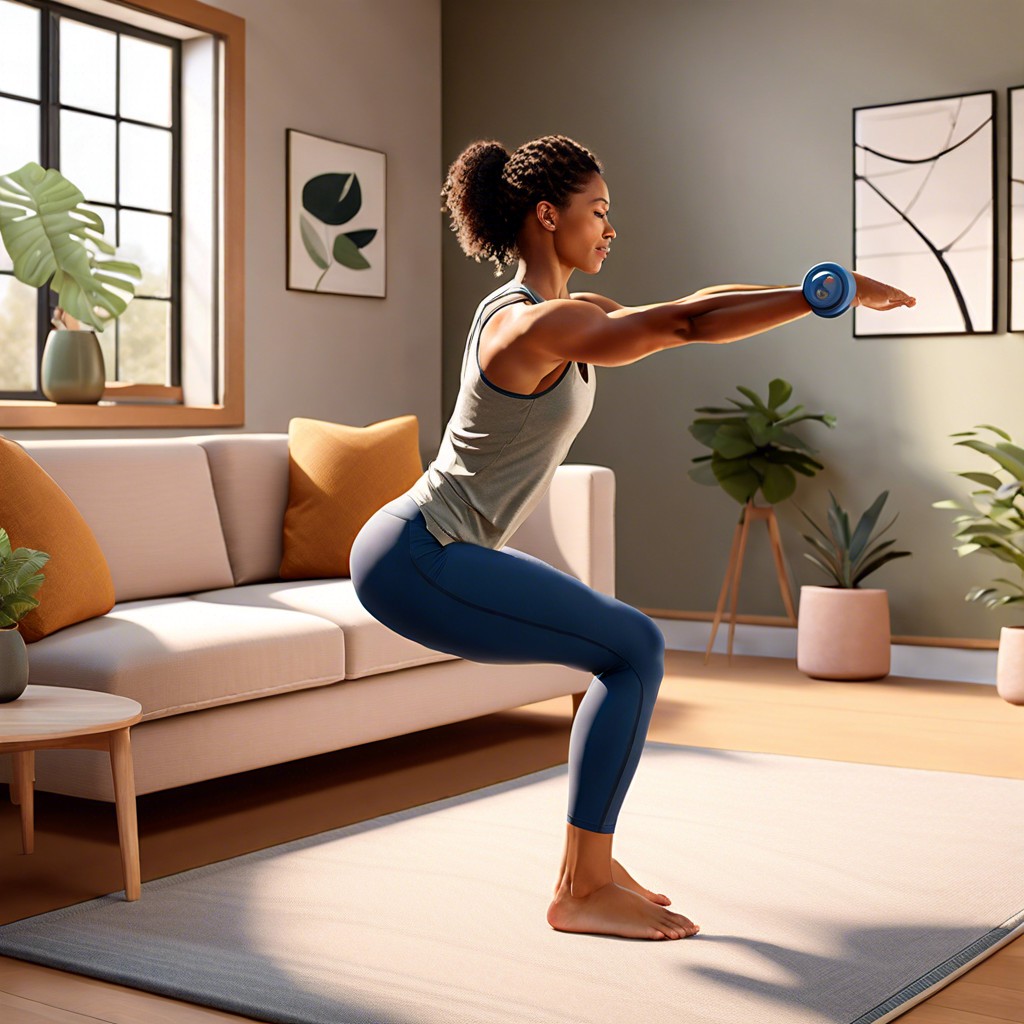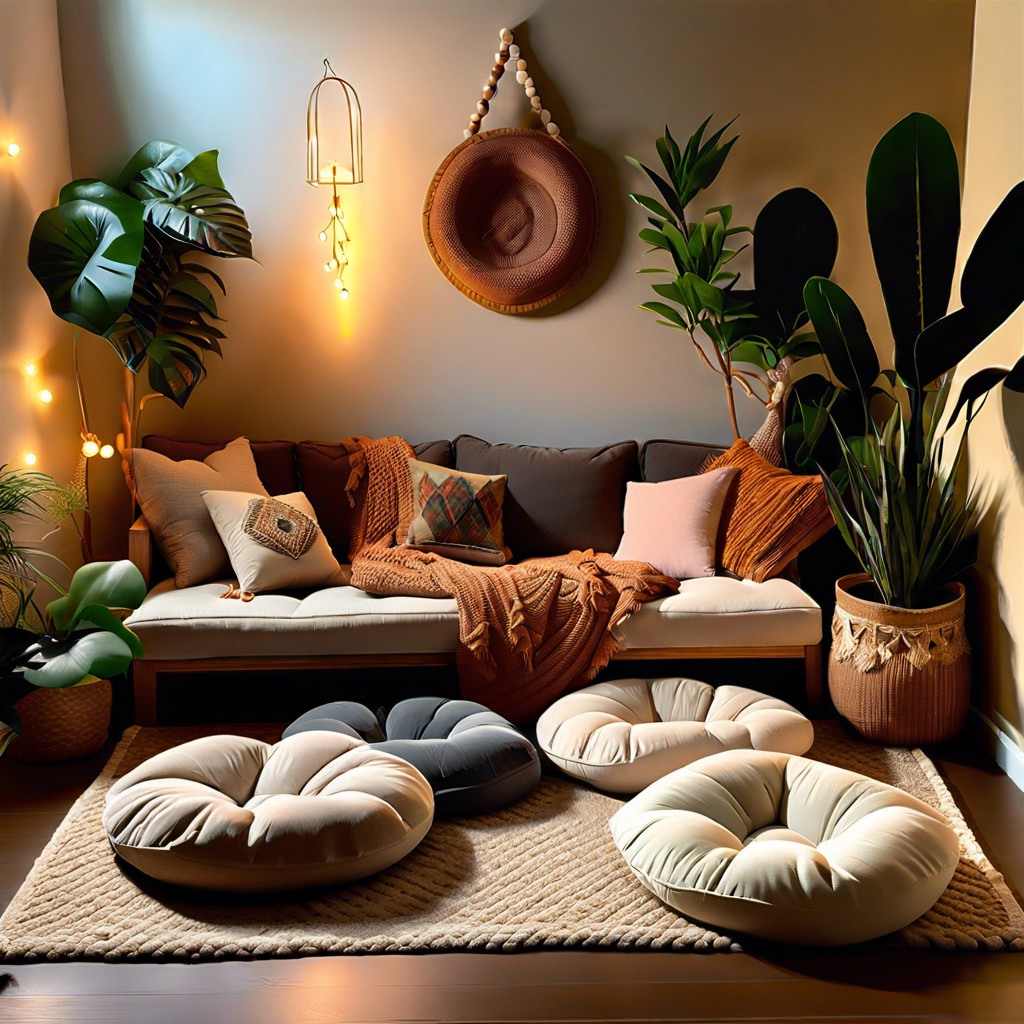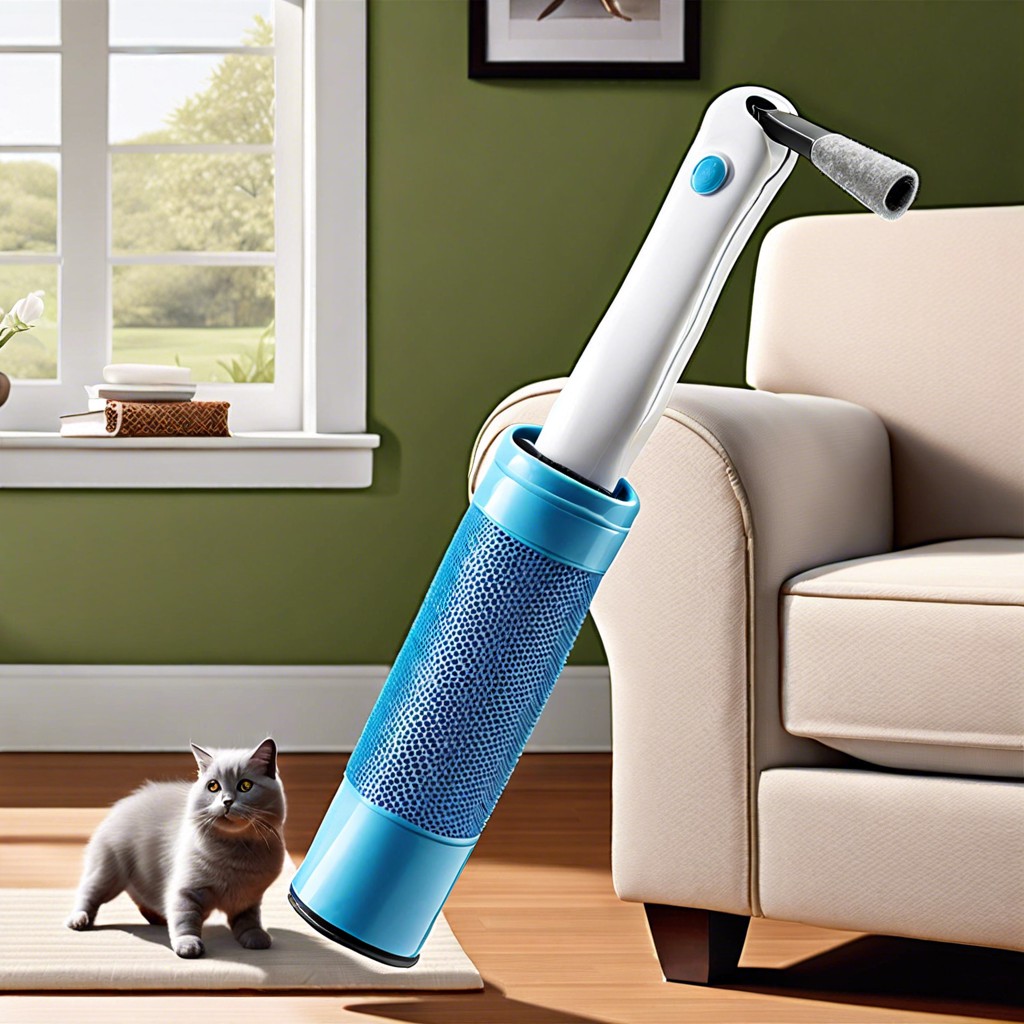Last updated on
Learn about the various reasons that might cause you to sleep better on a couch compared to your bed, ranging from psychological comfort to the physical properties of the couch itself.
Key takeaways:
- Couch offers a sense of security and coziness.
- Habitual napping on the couch can condition the body.
- Drawbacks: lack of support, cramped position, hygiene issues.
- Tips for better sleep on the couch: cushion support, blanket choice, sleep position, couch positioning, lighting and noise, routine, bedding cleanliness.
- Consistent sleep schedule and environment are important for quality sleep.
Table of Contents
Why Is It Easier for Me to Fall Asleep On the Couch?
Several factors contribute to the ease of falling asleep on a couch compared to a bed. For one, the living room environment, where couches are typically situated, may be associated with relaxation and unwinding, signaling your body that it’s time to rest. Additionally, the presence of a television or soft background noise can provide a comforting distraction that lulls some people to sleep.
The couch itself might offer a sense of security and coziness that a spacious bed does not. Its compact size can create a snug feeling, much like swaddling helps infants sleep. The cushioning and texture of the couch upholstery may also play a role, as some people find the material more inviting or comforting than their bed linens.
Finally, habitual napping or dozing off on the couch can condition the body to associate the couch with sleeping, making it a self-fulfilling cycle. If you routinely take a break or watch TV on the couch and often find yourself nodding off, your body starts to correlate the couch with time to sleep.
Drawbacks of Sleeping On the Couch
Although many people enjoy the occasional nap on the couch, regular overnight sleeping in this position can have several disadvantages. The lack of adequate support for the neck and back often leads to discomfort and potential pain. This is because couches are designed for sitting and lounging, not for the full-body support that beds provide with their mattresses and frames.
Furthermore, the restricted space can cause you to sleep in a cramped position, possibly leading to muscle strain or joint pain. Couch cushions typically lack the firmness and breathability of a mattress, often resulting in overheating or an inconsistent sleep temperature.
There’s also the issue of hygiene. Couches aren’t easily cleaned like bedding, and without regular cleaning, they can accumulate dust and allergens that may affect sleep quality and overall health.
Last but not least, for couples or individuals with pets, the limited space doesn’t usually accommodate the additional weight or movement, disrupting sleep patterns and lessening the quality of rest.
How to Get Better Sleep On the Couch
To enhance the quality of your slumber on the couch, consider these practical adjustments:
– **Cushion Support**: Opt for pillows that support the natural curve of your spine. Neck pillows or rolled-up towels can provide adequate support to prevent strains. – **Blanket Choice**: Select a blanket that is warm enough for the room temperature, but breathable to prevent overheating. – **Sleep Position**: Favor a position that maintains alignment of your spine. Lying on your back can be more beneficial than curling up in a fetal position. – **Couch Positioning**: If possible, move the couch away from high-traffic areas to reduce disturbances. Closer proximity to walls can also give a sense of security and reduce disruptions. – **Lighting and Noise**: Minimize light exposure by drawing curtains or using a sleep mask. White noise machines or earplugs can help block out irregular sounds. – **Routine**: Even when opting to sleep on the couch, maintain a consistent sleep schedule. Going to bed and waking up at the same times each day can regulate your sleep patterns. – **Bedding Cleanliness**: Regularly wash throws and cushion covers to create a hygienic and inviting sleep environment. Dust and allergens can significantly impact sleep quality, particularly for those with sensitivities.Additional Tips for Better Sleep
Maintaining a consistent sleep schedule helps regulate your body’s internal clock, promoting easier sleep onset whether you choose the couch or your bed.
Dimming the lights in your living space an hour before your intended bedtime signals to your brain that it’s time to wind down, fostering a sleep-friendly environment.
Invest in a plush throw or a lightweight blanket that provides enough warmth without overheating, as optimal temperature is key to uninterrupted sleep.
Consider room-darkening curtains or an eye mask to eliminate intrusive light, creating a cave-like ambiance that encourages deeper sleep.
Limit screen time before bed; the blue light emitted by phones and TVs can disrupt your natural sleep-wake cycle. Instead, try a book or calming music to help you relax.
Keep noise pollution to a minimum with earplugs or a white noise machine to drown out any distracting sounds that might prevent you from falling asleep or wake you up after dozing off.
Stay mindful of your caffeine and alcohol intake late in the day as both can greatly impact your sleep quality, making it harder to stay asleep throughout the night.
Is Sleeping On the Couch Bad?
Frequent couch sleeping can take a toll on your body and sleep quality. The lack of proper support may lead to back and neck pain, as the cushions often do not offer the same level of support as a quality mattress. Over time, these aches can lead to chronic issues.
In addition, couches are typically not designed to accommodate the full length of an adult body, which means you might end up in a cramped sleeping position. This can disrupt your sleep cycle and prevent you from entering the deeper, restorative stages of sleep.
Hygiene can also be a concern since couches are not as easily cleaned or as regularly maintained as bedding. Dust and allergens can accumulate in the upholstery, which may trigger allergies or respiratory issues over time.
Finally, while an occasional nap on the couch is harmless, creating a habit of it may lead to sleep association issues, where you start associating sleep with your living room environment instead of the bedroom, which can disrupt your overall sleep hygiene.




